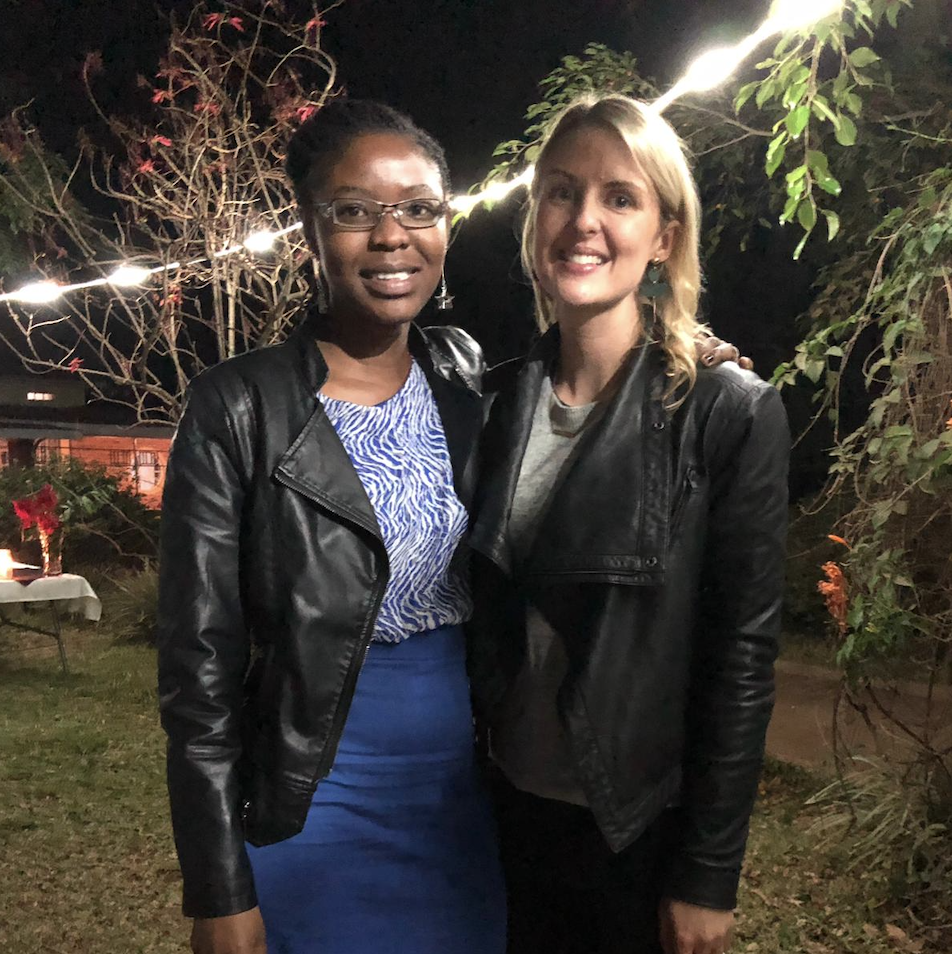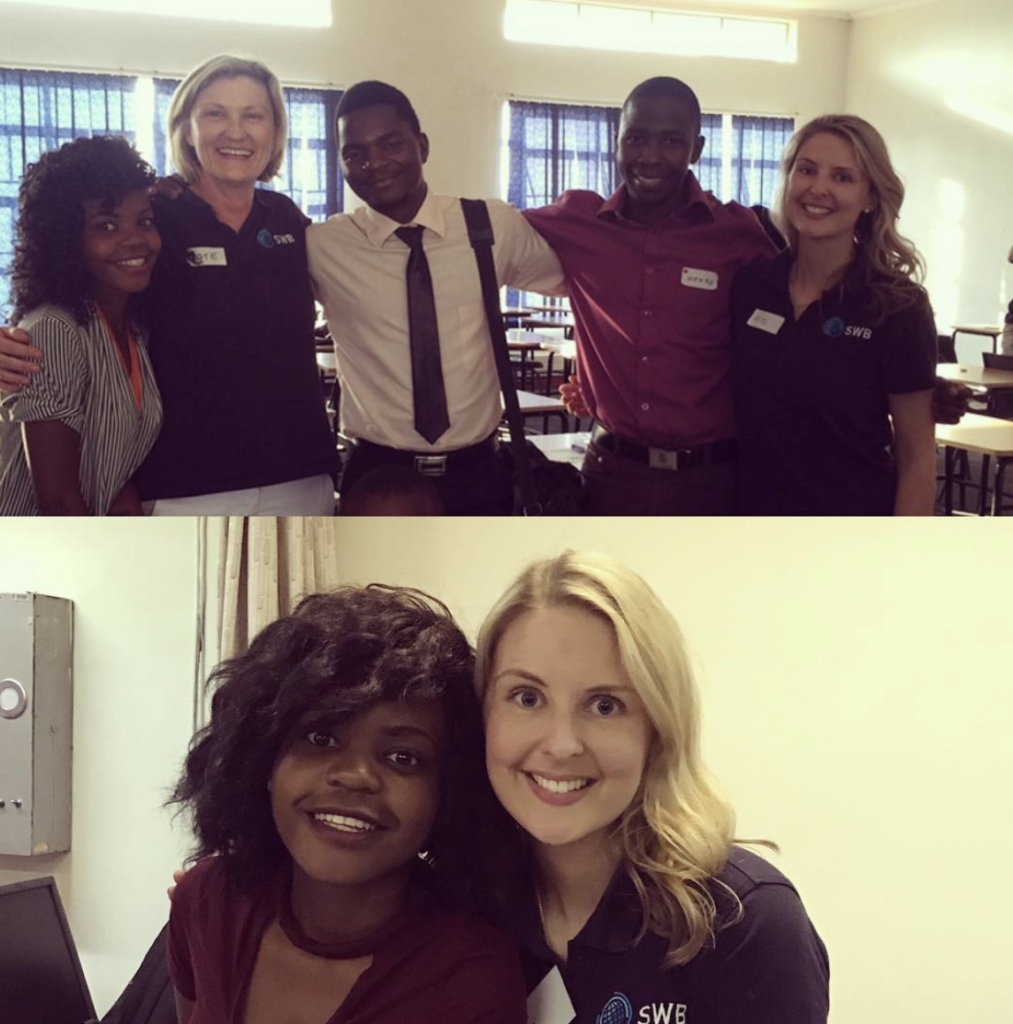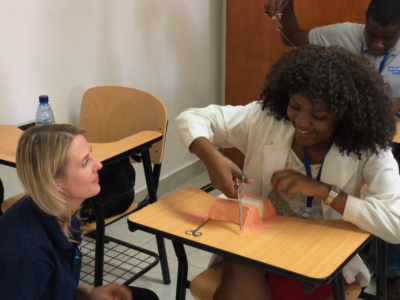Heidi McAlpine - Pangea Board Member


Tell us a bit about yourself.
I started my university studies as an Arts student but ended up in medicine after navigating subjects and courses according to what I found most interesting. I met my husband Alex working at the local pub 16 years ago, we got married in 2014 and we welcomed our first child in early 2020 – unbeknown to most of the Pangea team at the time, our little girl actually came on our last trip to Malawi (in utero) – which meant no Kuchi Kuchi (Malawi’s local beer) for me that year! Alex had to cover for me by sneakily drinking all the alcoholic beverages offered for me, but he didn’t complain.
What is your current professional position?
I am a SET 3 neurosurgery trainee, meaning I am three years into my training to become a neurosurgeon. I’m also studying a PhD in neuro-electrophysiology at the University of Melbourne.
What’s your role with Pangea?
Within Pangea I run the medical student program. In this role I lead a team of 6 -7 junior doctors from Australia to up skill medical students in resource poor settings during the annual Pangea trip. I love teaching, and also give some small group sessions focused on teaching the neurological examination, and common neurosurgical conditions.
As we have not been unable to travel to give our teaching in person since 2019 I have turned my attention to building some online resources for our in country partners, which are available through our website.
Why did you join Pangea?
I have always had an interest in global health and as a medical student undertook some clinical work in Tanzania. Although this clinical experience was enriching, I felt the impact of my visit was very short term, and if I’m honest benefited myself more than the Tanzanian healthcare system. I see medical education as a sustainable form of change in low resource settings, and was therefore drawn to Pangea as an organisation that shares these values.
How long have you been involved with Pangea and how many trips have you been on?
I have been involved with Pangea since 2013, when I travelled with the team as a medical student. It was an inspiring experience for me, and although it didn’t have the glamour of clinical work I could see the Pangea program had the potential for a real and sustainable impact. The following year as an intern I started the Pangea medical student program which has been run annually since then – apart from last year when we were unable to travel due to COVID restrictions. In total I have been on 7 trips.
What has been a highlight for you?
A highlight has been seeing students during multiple visits grow in their knowledge and confidence. For example, Lavisa attended the Medical Student Program as a third year student in 2015, then again as a final year student in 2017. In 2017 she was a standout in our program, and had recently won a scholarship to do an elective in South Africa. She told me she aspired to becoming a neurosurgeon, but also wanted to remain active in public health, where she felt her biggest impact could be made. It’s an inspiration and a privilege to watch her skills and confidence grow over the years – I look forward to the day I’m at a neurosurgery conference and she’s the one teaching me!
What would you say to other health professionals wanting to get involved in Pangea?
Joining the Pangea team is one of the best things I’ve ever done. The trips are a fantastic experience, both personally and professionally. Delivering this kind of program in Africa takes a lot of hard work, flexibility, and teamwork – but it’s also an adventure and is a lot of fun. You never really know exactly how things will pan out, and that’s part of the excitement. There’s a real feeling of camaraderie between the Pangea team, and I’ve made some wonderful friends over the years from all over the world.
